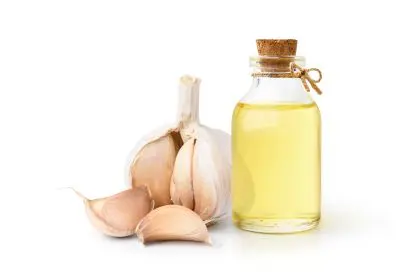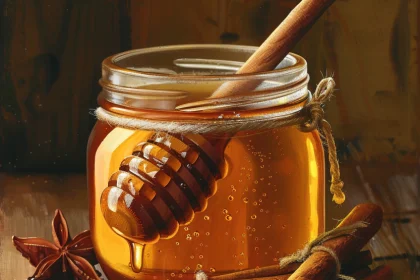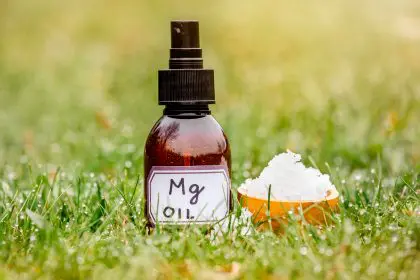Yeast infections, though common, can be immensely uncomfortable and disruptive, impacting one’s daily life. The good news is that a spectrum of natural remedies exists, offering potential relief without resorting to harsh chemicals or medications. These remedies — ranging from simple dietary changes to targeted topical treatments — present a holistic approach to alleviating symptoms and supporting the body’s recovery process.
The discomfort associated with yeast infections — often characterized by itching, burning and unusual discharge in affected areas — can significantly hinder quality of life. However, understanding and exploring natural remedies can provide hope and relief. By tapping into the power of nature, individuals can address these infections without the potential side effects that some conventional treatments might bring.
In this guide, we’ll delve into seven effective natural remedies known to combat yeast infections. Whether it’s harnessing the benefits of probiotics, incorporating specific foods into your diet or applying natural oils, these remedies offer a gentle yet potentially impactful way to manage and recover from yeast infections.
Understanding Yeast Infections
Yeast infections, caused by an overgrowth of the Candida fungus, commonly affect women but can also occur in men. Symptoms often include itching, burning and unusual discharge in affected areas such as the genitals, mouth,or skin folds.
Natural Remedies to Consider:
1. Probiotics: Introducing beneficial bacteria like lactobacillus can restore the body’s natural balance, potentially reducing yeast overgrowth. Yogurt with live cultures or probiotic supplements may help.
2. Garlic: Known for its antifungal properties, garlic can be consumed raw or as supplements. Allicin, a compound in garlic, has been shown to inhibit the growth of Candida.
3. Tea Tree Oil: This essential oil has antifungal properties and can be diluted with a carrier oil for topical application. However, it’s essential to use it cautiously due to its potency.
4. Coconut Oil: Applying coconut oil topically may provide relief from itching and discomfort. Its fatty acids, like caprylic acid, have been studied for their potential antifungal effects.
5. Yogurt Soaks: A simple and soothing remedy involves soaking affected areas in plain, unsweetened yogurt. The live cultures can help restore the natural balance of bacteria.
6. Apple Cider Vinegar: Diluted apple cider vinegar can be used as a wash or added to baths to help restore pH levels and discourage yeast growth.
7. Dietary Changes: Limiting sugar and refined carbohydrates can starve yeast and help restore balance in the body. Adding more probiotic-rich foods like kefir or sauerkraut may also aid in rebalancing gut flora.
While natural remedies present promising alternatives for managing yeast infections, their efficacy can vary from person to person. Consulting a health care professional remains paramount, especially if symptoms persist or worsen despite these remedies. These natural approaches can complement conventional treatments but should not serve as a replacement for prescribed medications or professional medical advice.
The beauty of natural remedies lies in their potential to offer relief while supporting the body’s innate healing mechanisms. Integrating these holistic approaches into your routine may alleviate discomfort associated with yeast infections. Whether it’s through dietary adjustments, topical applications or lifestyle changes, exploring these options can provide a sense of empowerment in managing one’s health.
It’s crucial to recognize that individual responses to these remedies differ. What works for one person might not yield the same results for another. Therefore, a personalized approach — guided by observation and experimentation — becomes essential in finding the most effective remedy for oneself.
Moreover, these natural remedies offer an added advantage by minimizing potential side effects often associated with conventional medications. By harnessing the power of nature, individuals can potentially address yeast infections in a gentle yet impactful manner.
However, persistence or aggravation of symptoms warrants immediate attention from a health care professional. Your doctor’s expertise can guide you in determining the most suitable course of action, ensuring effective management and resolution of the infection.
In essence, while natural remedies empower individuals to take charge of their health, seeking professional advice remains crucial for comprehensive and tailored treatment. By combining the wisdom of natural remedies with professional guidance, individuals can embark on a holistic journey toward managing and alleviating yeast infections effectively.
Remember, your health is a priority, and seeking medical advice when needed ensures you receive the best possible care.
This story was created using AI technology.















